To accompany your Come Follow Me study for March 10-16
In addition to reading D&C 20-22, you will want to:
- Read Saints 1:84-86
- Read “Build Up My Church,” Revelations in Context, 29-32.
- Read Chapter 9: Doctrine and Covenants 20–22 (churchofjesuschrist.org)
- Read ‘Build Up My Church’ (churchofjesuschrist.org)
- Read Joseph Smith’s Revelations, Doctrine and Covenants 20 (churchofjesuschrist.org)
- Read Joseph Smith’s Revelations, Doctrine and Covenants 21 (churchofjesuschrist.org)
- Read Joseph Smith’s Revelations, Doctrine and Covenants 22 (churchofjesuschrist.org)
- See the following videos:
- The Organization of the LDS Church: https://www.youtube.com/watch?v=vHgOthOTOO4&t=110s
- Check out the Kahoot game on this material at: https://create.kahoot.it/share/doctrine-and-covenants-20-22/a90e0643-da31-44f3-bfd8-fe9ac5b94820. To use it with a group, after clicking on this link, you will need to log into Kahoot, creating a free account if you have not done so previously, then click on the blue “Host Live” button or the gray “Assign” button, depending on how you wish to use the Kahoot. Some of the Kahoot questions may presuppose that the player has read through the suggested answers to the following Points to Ponder and at least has browsed the Institute student manual as well.
Points to Ponder in D&C 20-22
1. What answer would you give to the question posed in the Come Follow Me manual as to why we need the Church in the first place? Why can’t we just follow the Savior’s teachings and live a good life without having to be part of an organization?
2. Do you believe the Lord is revealing his birthday in 20:1 as being April 6, 1 B.C., or is He simply specifying the date the Church was to be organized in the year commonly called 1830? Why do you believe as you do?
3. When was it “truly manifested unto the first elder that he had received a remission of his sins”? (20:5)
4. The main topic of D&C 20:11-36 is
a. the purposes of the Book of Mormon
b. God’s eternal sameness
c. the atonement of Christ
d. the importance of sanctification
5. Why does D&C 20:37 seem to suggest that one receives the Spirit before baptism, when Church doctrine and practice teach that the gift of the Holy Ghost comes after confirmation?
6. Why would D&C 20:60 say that priesthood bearers are to be ordained “by the power of the Holy Ghost” rather than by “the power of the priesthood”?
7. According to D&C 20, which of the following would be proper? Mark as many as apply and cite the applicable verse to support each case you picked.
a. for a priest to conduct a sacrament meeting in a small branch if the branch president was absent and no other elder was present.
b. for a deacon to serve as a ministering elder’s companion
c. for a deacon to help prepare the sacrament if no teachers were present
d. for a deacon to bless the sacrament if no priest were present
8. List any three items in D&C 20:61-84 that are obsolete and no longer applicable. What does this teach us about the evolving administration of the Church?
8.a. 20:68: How does D&C 20:68’s mention of a “significant interval” between baptism and confirmation compare to modern Church practice? What might have been the reason for this difference?
9. 21:1: On the day the Church was organized, the first thing the Lord said to do was to keep a record. Why do we keep so many records and have to have so many reports in the Church?
10. According to D&C 21, which of the following should you do if the President of the Church asked all Latter-day Saints to stop drinking Seven Up and to drink Sprite instead for six months, but you could see no reason for such a request and had inside information that Seven Up had very beneficial vitamins and minerals, whereas Sprite had none, and you suspected that Church leaders owned stock in the company which makes Sprite? Why did you pick the answer you did?
a. Write to Salt Lake City and ask for an explanation before deciding.
b. Share your concerns with your local bishop.
c. Pray to know what to do.
d. Recognize that we are not supposed to be commanded in all things and make your own best decision on the issue.
e. Switch from Seven Up to Sprite
11. How could Oliver Cowdery ordain Joseph Smith to be the prophet, seer, and revelator, when Joseph had more authority than Oliver had?
12. Suppose the entire membership of the Community of Christ church (formerly known as the Reorganized Church of Jesus Christ of Latter-day Saints) wanted to merge with our church. Since they already believe in Joseph Smith as a true prophet and believe in the Book of Mormon, could we allow them to do so without requiring them all to go through another baptism?
Possible Answers to Points to Ponder in D&C 20-22
1. What answer would you give to the question posed in the Come Follow Me manual as to why we need the Church in the first place? Why can’t we just follow the Savior’s teachings and live a good life without having to be part of an organization?
- The Church provides an organized way for us to receive essential ordinances.
- The Church provides opportunities for service, with commensurate opportunities for us to grow and progress.
- The Church provides a network of like-minded believers who can provide us with temporal, social, and spiritual support in times of need.
- The Church provides an organized way whereby we can teach and be taught the gospel.
- For other thoughts, see my article Fifteen Reasons Not to Attend Church at https://latterdaysaintandhappy.com/15-reasons-not-to-attend-church/
2. Do you believe the Lord is revealing his birthday in 20:1 as being April 6, 1 B.C., or is He simply specifying the date the Church was to be organized in the year commonly called 1830? Why do you believe as you do?
While some in high places have believed the former, including James E. Talmage and Harold B. Lee, others, including J. Reuben Clark and Bruce R. McConkie, have assumed the latter, partly because the former’s case seems unproven and partly because there is good historical evidence that King Herod, who slaughtered the babies in Bethlehem, died in the year we call B.C. 4. It could be argued that if D&C 20:1 is not intending to specify the year of Christ’s birth, it probably isn’t intending to specify the month or the day, either. And it seems highly unlikely in the first place that Jesus would be wanting us all to sing Happy Birthday to Him on a specific day (other than Christmas) rather than simply honoring Him by keeping His commandments and building His kingdom.

3. When was it “truly manifested unto the first elder that he had received a remission of his sins”? (20:5)
At the First Vision. The account in Joseph Smith–History doesn’t mention this, though other accounts do, and it could be inferred from the context of D&C 20:5.
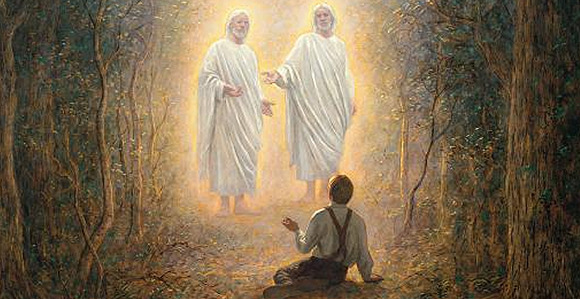
4. The main topic of D&C 20:11-36 is
a. This entire passage is a recitation of the purposes and essential content of the Book of Mormon–the antecedent of “these things” in v. 17, for example.
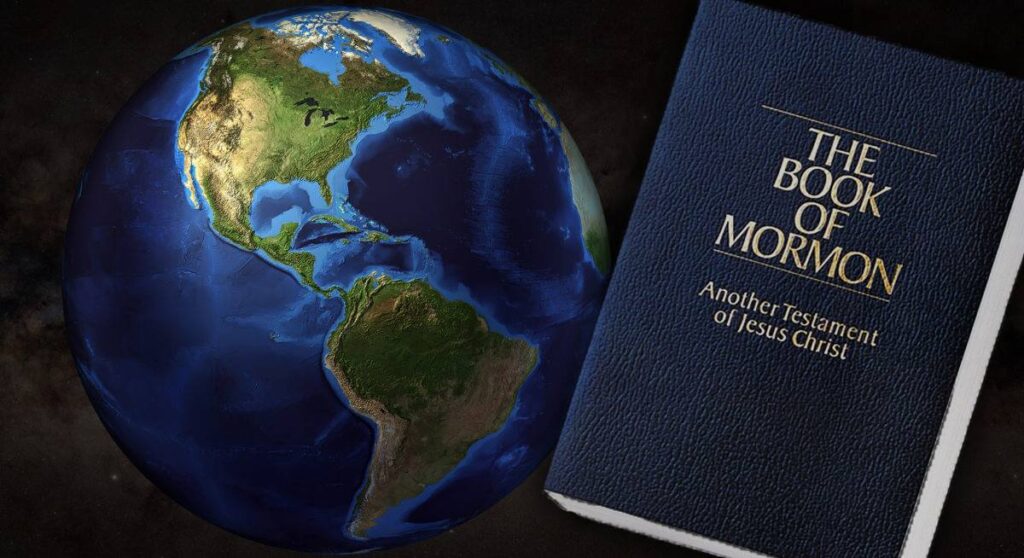
5. Why does D&C 20:37 seem to suggest that one receives the Spirit before baptism, when Church doctrine and practice teach that the gift of the Holy Ghost comes after confirmation?”
One can and should receive the Spirit prior to baptism, if one has repented sufficiently to be worthy of baptism, but that Spirit will not remain as a permanent right without baptism and confirmation.
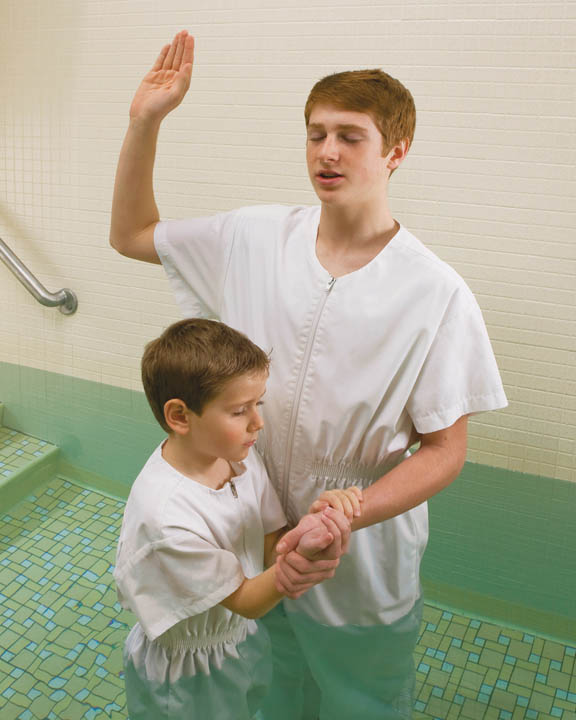
6. Why would D&C 20:60 say that priesthood bearers are to be ordained “by the power of the Holy Ghost” rather than by “the power of the priesthood”?
Certainly, they must also be ordained by the power and authority of the priesthood, but the Lord here seems to be emphasizing that the one performing the ordination must also be worthy of the Holy Ghost and have it with him in order to know what words of counsel to add in the ordination blessing and in order for the one being ordained to feel the power and significance of the ordination which he is entitled to feel.
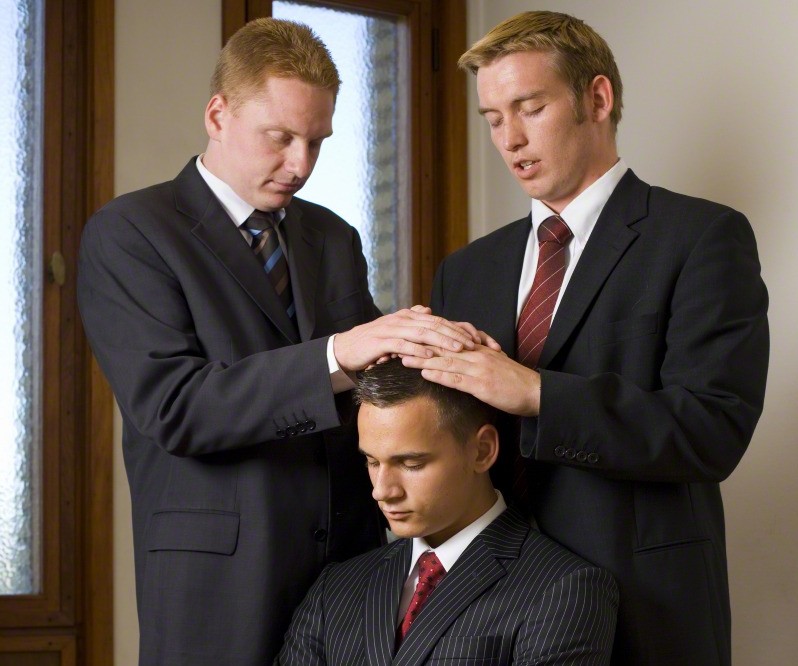
7. According to D&C 20, which of the following would be proper? Mark as many as apply and cite the applicable verse to support each case you picked.
a. for a priest to conduct a sacrament meeting in a small branch if the branch president was absent and no other elder was present. (v. 49)
b. for a deacon to serve as a ministering elder’s companion (v. 57)
c. for a deacon to help prepare the sacrament if no teachers were present (v. 57)
d. for a deacon to bless the sacrament if no priest were present (v. 58)
8. List any three items in D&C 20:61-84 that are obsolete and no longer applicable. What does this teach us about the evolving administration of the Church?
- use of wine (v. 79)
- granting of licenses to AP holders (v. 64)
- quarterly conferences (v. 61)
- travelling bishops (v. 66)
- a significant interval between the time of baptism and time of confirmation (68)
- kneeling with the church–i.e., the whole congregation kneeling (v. 76)
- use of a common cup (v. 78)
- sending of teachers as delegates to conferences (v. 81)
- membership record procedures (v. 82)
- letter certifying membership in good standing (v. 84)
We learn from these changes that while gospel doctrine is unchanging, through ongoing revelation the Lord may direct changes in policies and procedures to reflect changing circumstances and needs.
8a. 20:68: How does D&C 20:68’s mention of a “significant interval” between baptism and confirmation compare to modern Church practice? What might have been the reason for this difference?
Early Church baptisms often took place in remote areas, and priesthood holders able to perform confirmations might not have been immediately available. And even within recent decades, leaders prescribed at least a one week wait between baptism and confirmation in deference to this revealed instruction. However, Church leaders evidently felt that too many new converts were never getting confirmed and determined that it would be better to go ahead with the confirmation either on the same day or the immediately following Sunday.
9. 21:1: On the day the Church was organized, the first thing the Lord said to do was to keep a record. Why do we keep so many records and have to have so many reports in the Church?
- To help organize and promote the work (and focus on individuals)
- To know where leaders need to give attention.
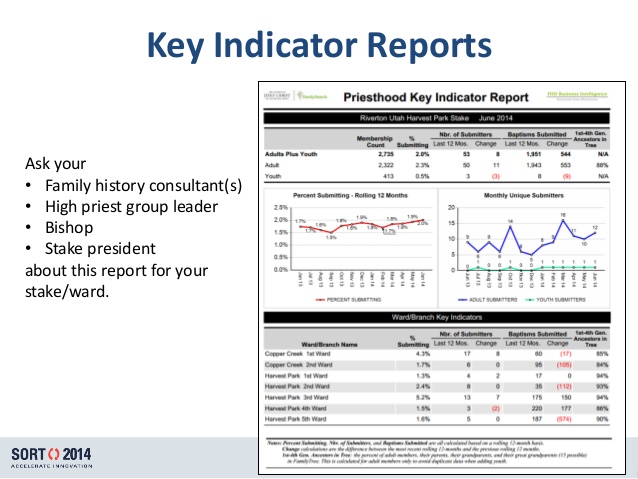
10. According to D&C 21, which of the following should you do if the President of the Church asked all Latter-day Saints to stop drinking Seven Up and to drink Sprite instead for six months, but you could see no reason for such a request and had inside information that Seven Up had very beneficial vitamins and minerals, whereas Sprite had none, and you suspected that Church leaders owned stock in the company which makes Sprite? Why did you pick the answer you did?
a. Write to Salt Lake City and ask for an explanation before deciding.
b. Share your concerns with your local bishop.
c. Pray to know what to do.
d. Recognize that we are not supposed to be commanded in all things and make your own best decision on the issue.
e. Switch from Seven Up to Sprite
According to D&C 21, you should pick option “e.” “His word ye shall receive as if from mine own mouth, in all patience and faith.” This is not to say that we claim the Prophet is infallible, nor does the Lord say he will always be right. But He does say that we are to follow what he asks us to do. If he’s wrong, that’s the Lord’s problem, and He’ll straighten him out in due time, if He considers it necessary. The Lord has not invited any of us to try to be smarter than the Prophet nor to get revelations which contradict the ones he receives. The Lord will bless us for always following His earthly representative, even though, as He suggests, it may sometimes require patience and faith on our part to do so.

11. How could Oliver Cowdery ordain Joseph Smith to be the prophet, seer, and revelator, when Joseph had more authority than Oliver had?
Because the Lord so authorized him (21:10). Oliver by now had the Melchizedek Priesthood, which is all the priesthood there is, and he needed only be authorized by the Lord as to where and when to exercise it.
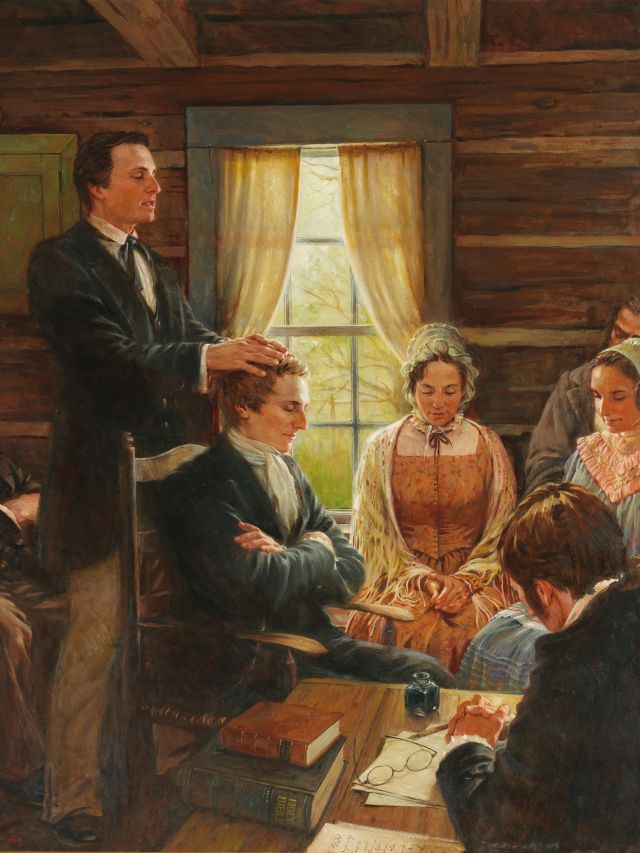
12. Suppose the entire membership of the Community of Christ church (formerly known as the Reorganized Church of Jesus Christ of Latter-day Saints) wanted to merge with our church. Since they already believe in Joseph Smith as a true prophet and believe in the Book of Mormon, could we allow them to do so without requiring them all to go through another baptism?
Not according to section 22. No other church has authority from God to perform baptisms, and the only way to “merge” with the Lord’s church is to come in one at a time, through baptism.
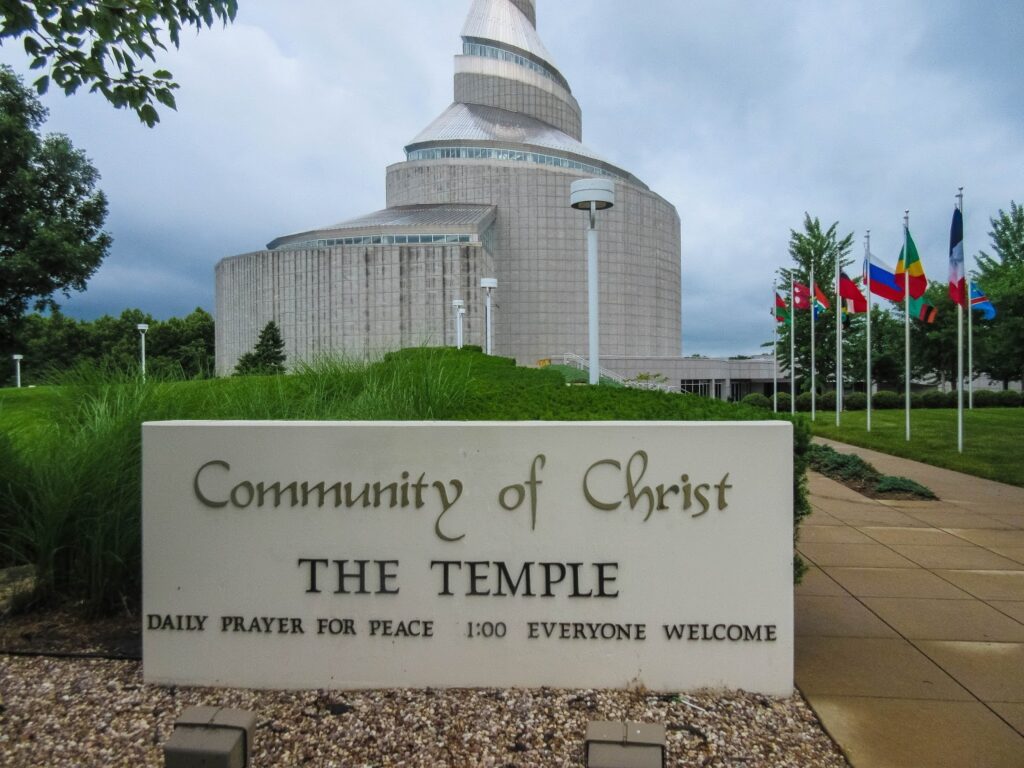
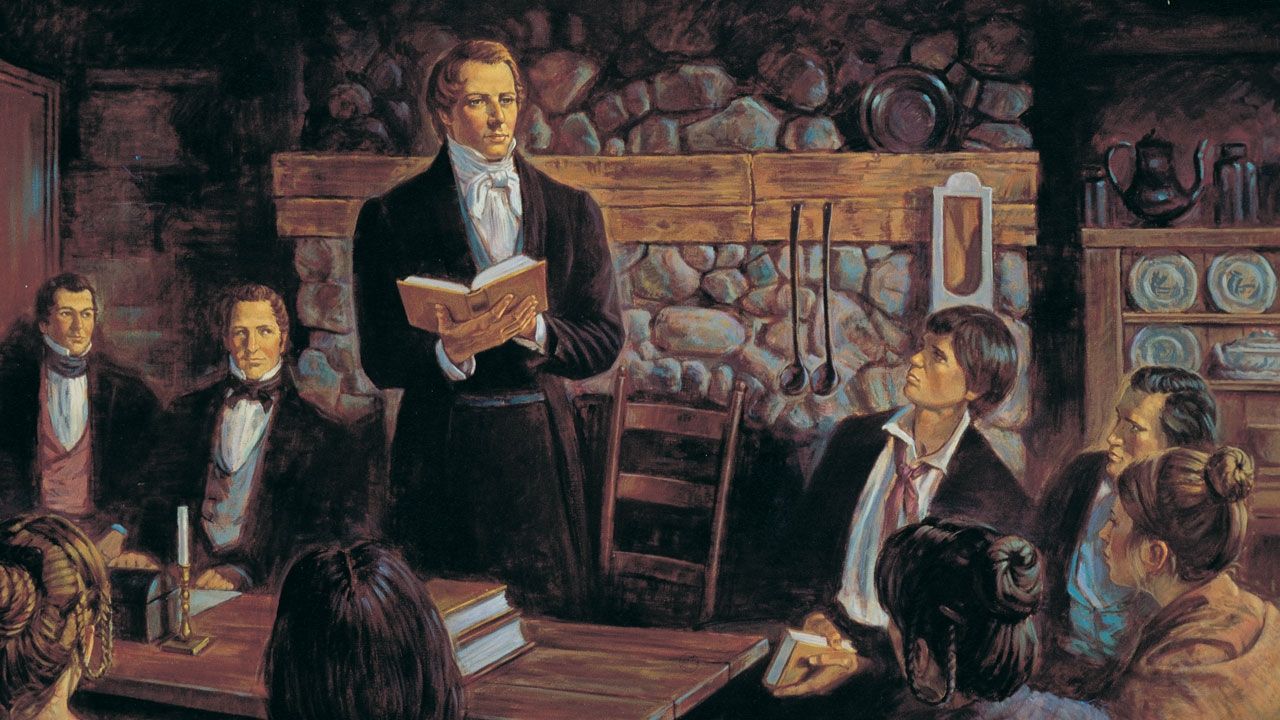
I enjoy your thoughts on the Doctrine and Covenants lessons
Juanita